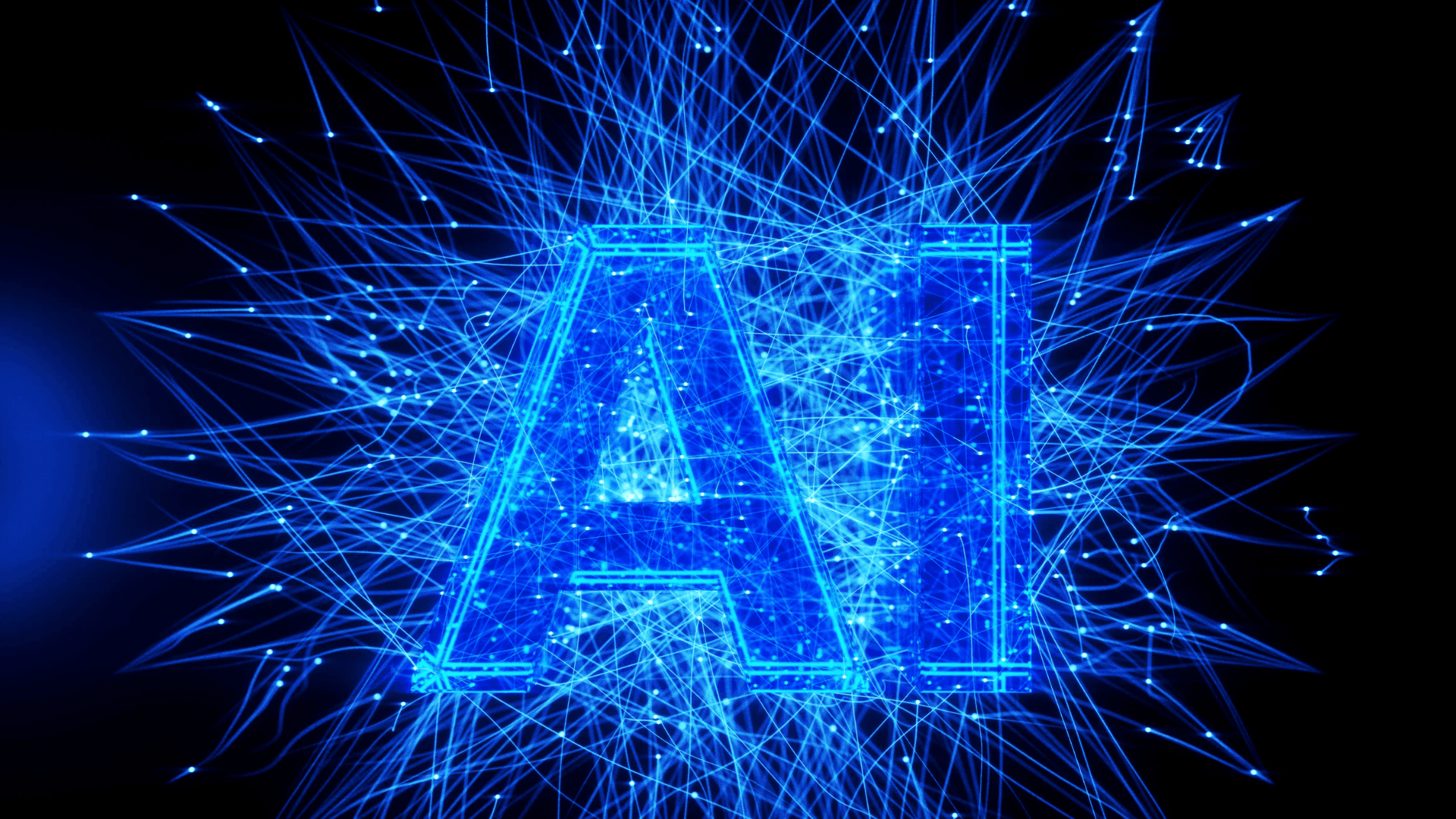How AI is Revolutionizing Low-Code/No-Code Development

The integration of artificial intelligence (AI) with low-code/no-code platforms is transforming the way businesses develop software. These platforms already empower non-technical users to create applications and automate processes without needing specialized coding skills. With AI’s capabilities in machine learning and natural language processing (NLP), this shift is accelerating, making development even faster and more accessible.
Democratizing Development
Low-code/no-code tools have democratized software development, allowing employees across various departments to build custom applications and workflows. According to Gartner, by 2025, 70% of new apps will be created using these tools. With AI, this process becomes even easier. Users can now simply describe their requirements in natural language, and AI will generate the necessary code or logic, reducing development time and skill barriers.
Empowering Citizen Developers
AI allows "citizen developers"—non-technical employees—to create tailored solutions by interacting with the platform using simple conversational prompts. This reduces IT workload, allowing IT teams to focus on higher-value tasks like security and strategy. By 2026, Gartner predicts that 80% of low-code/no-code users will be business professionals outside IT, further decentralizing development across organizations.
Addressing Talent Shortages
AI-driven low-code/no-code platforms help mitigate the ongoing shortage of skilled IT professionals. By enabling non-developers to build solutions, these platforms reduce the need for expensive IT resources. AI also automates repetitive tasks, freeing up skilled developers to focus on more strategic initiatives, increasing overall efficiency.
Cost Efficiency and Agility
AI-enhanced low-code/no-code platforms offer businesses a cost-effective way to develop applications. With faster prototyping, automated workflows, and reduced need for external resources, companies can lower development costs and accelerate time-to-market for new products and services.
Mitigating Risks: Security and Ethics
While AI offers powerful capabilities, businesses must remain vigilant about security, data privacy, and ethical concerns. AI-generated code should undergo regular audits and validation to ensure it meets security standards. Companies must also prioritize data protection and maintain transparency about how AI is used in development to build trust and avoid legal risks.
The Future of Development
AI and low-code/no-code platforms are poised to reshape business development, enabling faster innovation and empowering teams to build the solutions they need. As this technology evolves, businesses that embrace AI-driven development will be better positioned to stay agile, reduce costs, and unlock new opportunities for growth.
About CodEase:
CodEase provides AI-powered low-code solutions, helping businesses automate processes, drive innovation, and empower teams to build custom applications with ease.
Reference: https://www.forbes.com/councils/forbestechcouncil/2024/09/25/how-will-ai-affect-low-codeno-code-development/